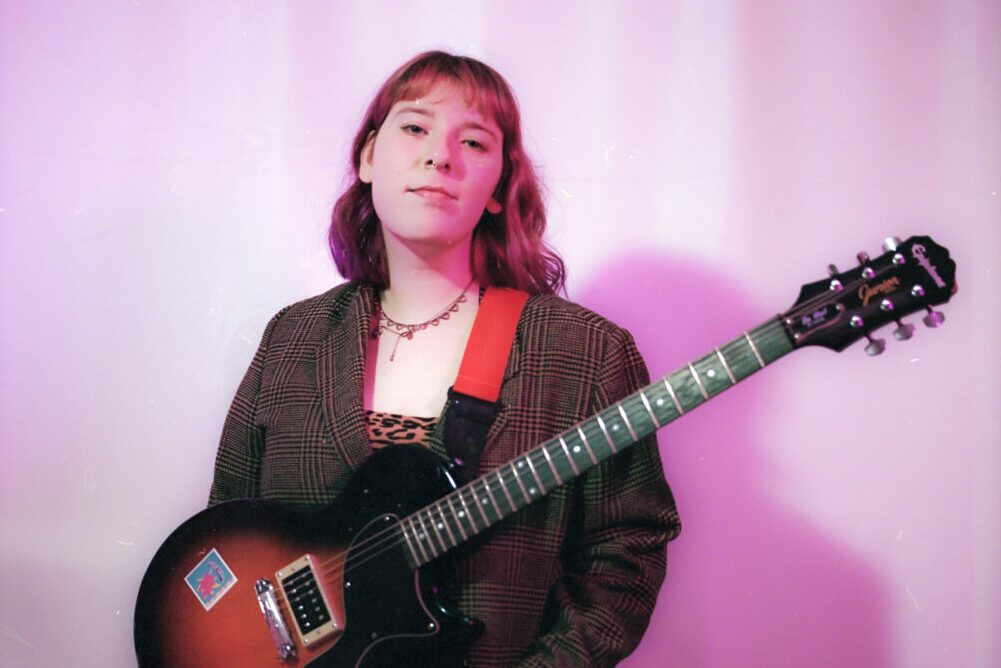MUSIQUE BOUTIQUE: Ann Wilson, Nancy & Lee, fanclubwallet, Stoney & Meatloaf
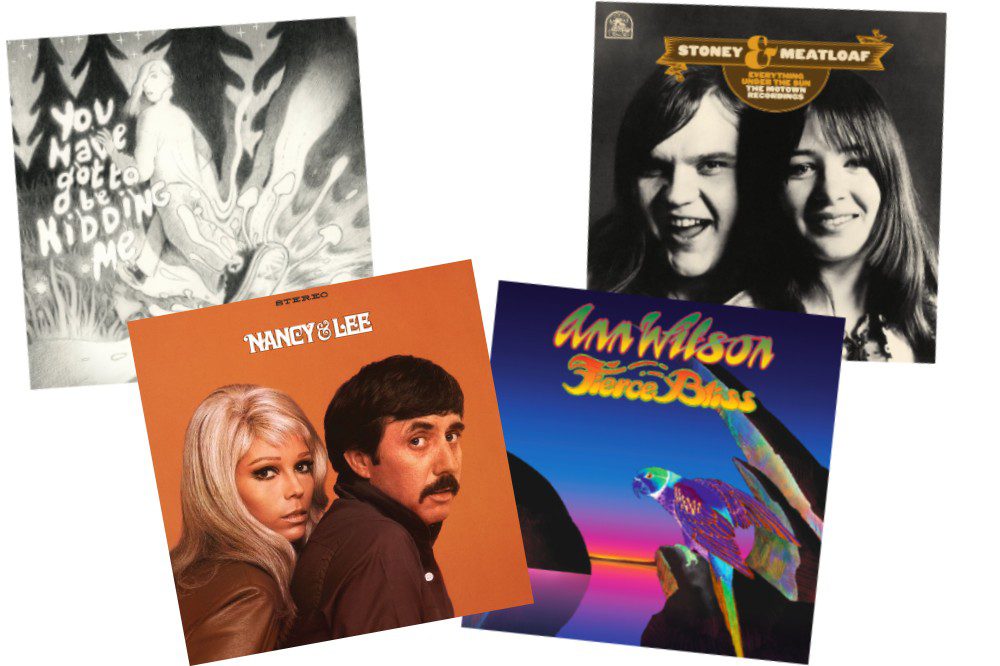
Welcome to Audiofemme’s record review column, Musique Boutique, written by music journo vet Gillian G. Gaar. The last Monday of each month, Musique Boutique offers a cross-section of noteworthy reissues and new releases guaranteed to perk up your ears.
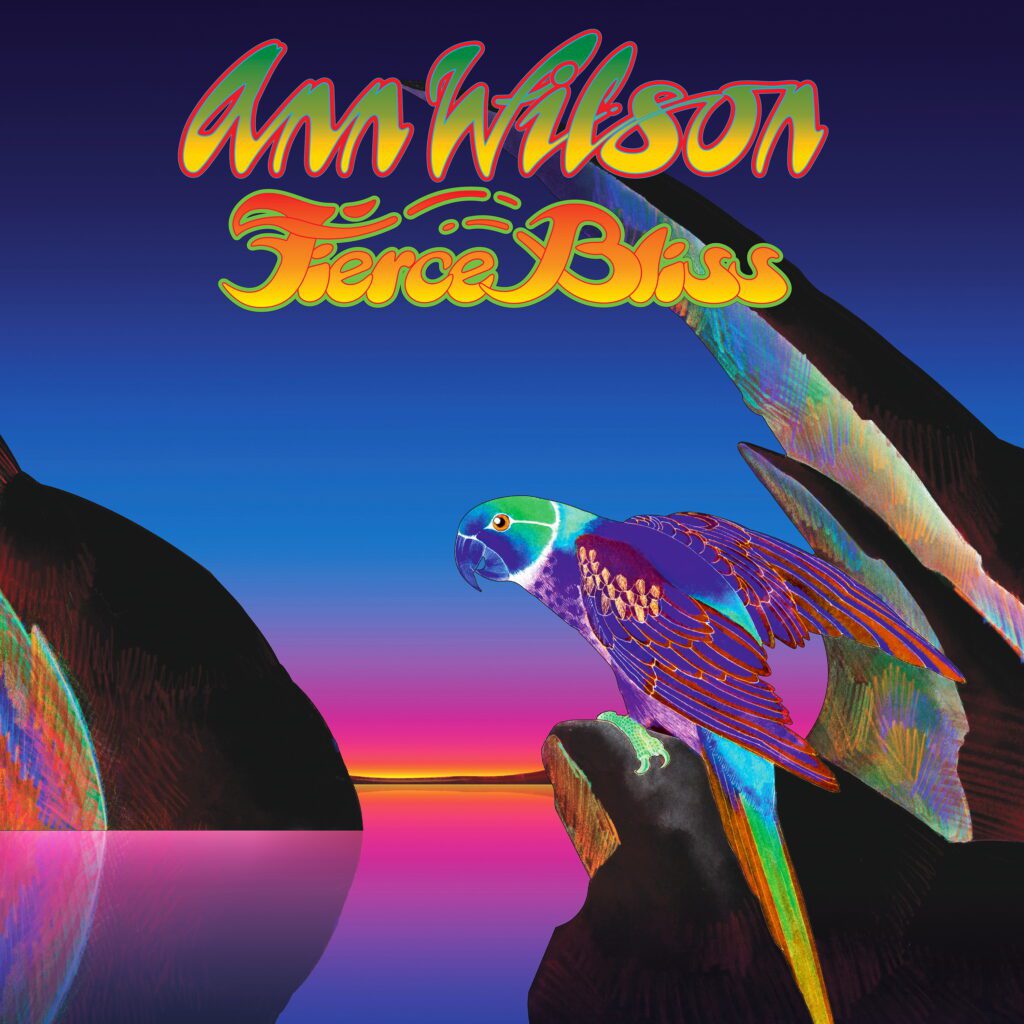
Ann Wilson has one of the most recognizable, and impressive, voices in rock, whether she’s fronting her own band Heart or going solo. Fierce Bliss (Silver Lining Music) is a solo outing, and sees her making one of her own dreams come true; recording for the album began at the legendary Muscle Shoals Sound Studios in Alabama (where such artists as Elton John, Cher, Willie Nelson, and Millie Jackson have recorded).
There are some well-chosen covers; a beautiful version of Queen’s “Love of My Life” (sharing the vocal with Vince Gill), while tackling Eurythmics’ “Missionary Man” is an obvious pick for a voice as powerful as Wilson’s. And her own co-written numbers crackle with a spirited energy. “Greed” turns a critical eye on a culture where however much you consume it’s not enough; “A Moment in Heaven” takes on the entertainment industry (“Hollywood be thy name”), where the next big thing becomes yesterday’s news all too soon. The chunky rock riffs of the ’70s are still Wilson’s musical calling card, and she also loves a deep dive into the blues, as you can hear on the searing “Angel’s Blues.” Wilson is currently on US/Canadian tour through June 24, with a performance at FloydFest22 in Floyd, Virginia, set for July 30.
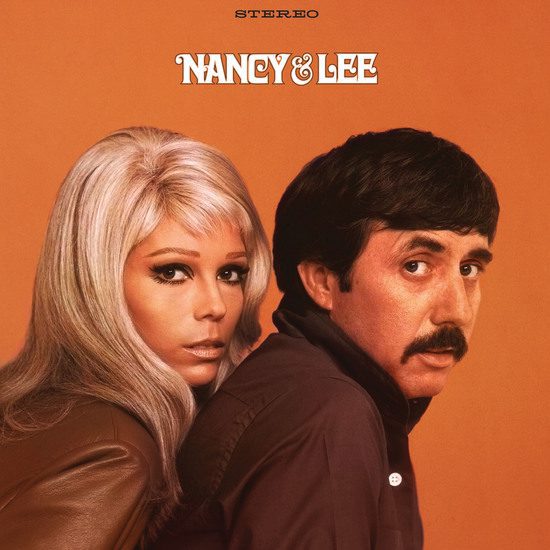
Nancy Sinatra’s career got a huge boost when she recorded Lee Hazlewood’s “These Boots Are Made for Walkin’” (just check out the groovy promo film). But then things started to get really interesting. Reissue label Light in the Attic launched their Nancy Sinatra Archival Series in 2021 with the release of the compilation Nancy Sinatra: Start Walkin’ 1965-1976, followed by a reissue of her first album, Boots. Now comes the reissue of her first collaborative album with Hazlewood, Nancy & Lee.
It was a pairing Sinatra jokingly describes in the album’s liner notes as a “beauty and the beast” match up, with Hazlewood’s stentorian deep baritone and Sinatra’s cool been-there-done-that delivery. In the ethereal “Some Velvet Morning,” she embodies the spirit of the mythological doomed princess Phaedra, as Hazlewood mournfully sings of how she brought him to ruin. There’s a haunting rendition of “Elusive Dreams,” about a couple continually searching for those greener pastures and never finding them. It’s an album of sophisticated adult pop, and this reissue comes with two excellent bonus tracks, a jazzy cover of Mickey & Sylvia’s “Love Is Strange,” and an astonishing remake of the Kinks’ “Tired of Waiting for You.” Look for a reissue of the follow up, Nancy & Lee Again, coming later this year.
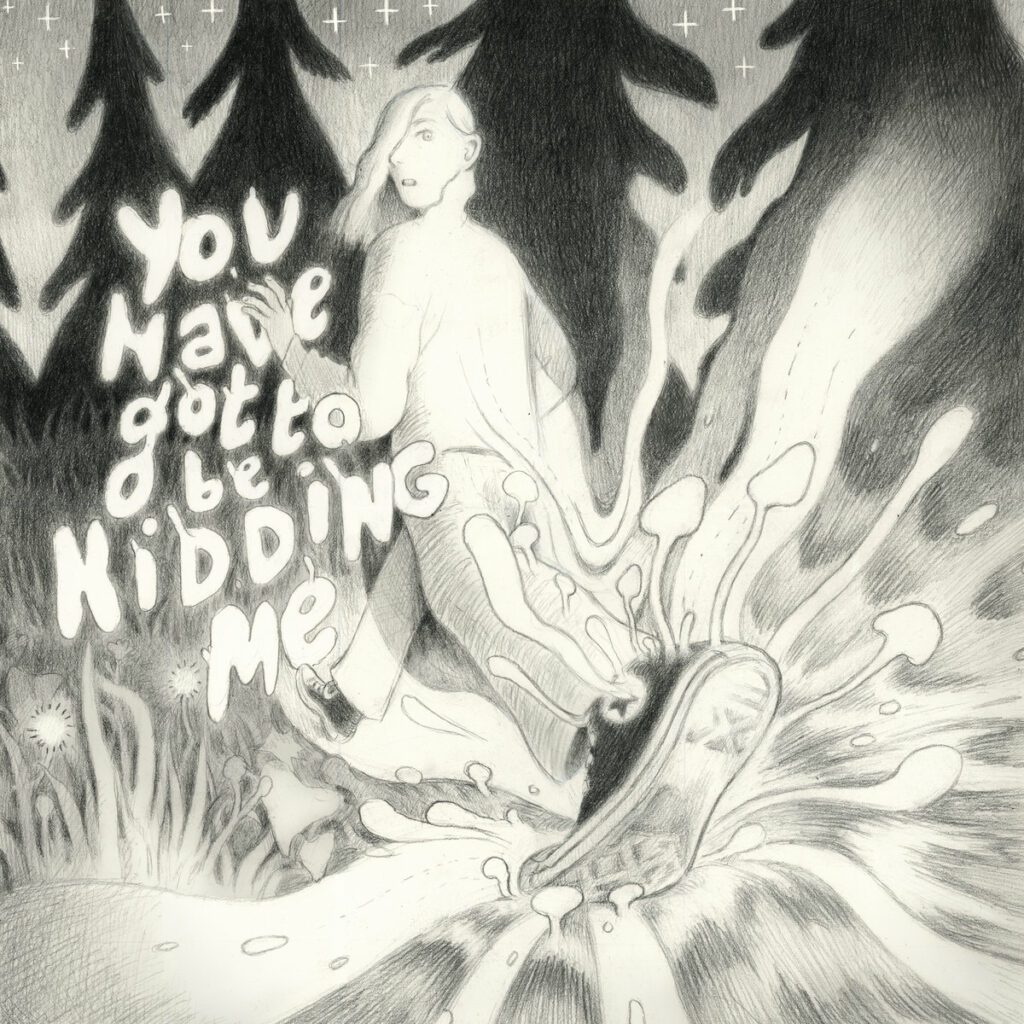
You Have Got to Be Kidding Me (AWAL) is the debut album by fanclubwallet, the music project from Ottawa-based Hannah Judge (who’s also an illustrator). It’s primarily a solo outing, with Judge writing most of the songs, and producer Michael Watson also doing some co-writing and playing drums; the two split up the other instruments (guitar, bass, synths) between them.
This is a break up album that evinces a strong sense of self-awareness. “That I Won’t Do” captures the confusion of contradictions (wanting to talk, not wanting to talk), nicely summed up in the lines “Maybe I can split myself in two/Maybe there’s a me that hasn’t met you.” “Toast” is a song about cocooning, holing up until you feel it’s safe to go outside again (which could possibly be never). “Solid Ground” is about getting back to stability, and the title track is a study in communication breakdown. Everything’s set to a crisp, clean indie rock beat, a sound that’s as bracing as fresh air on a brisk walk.
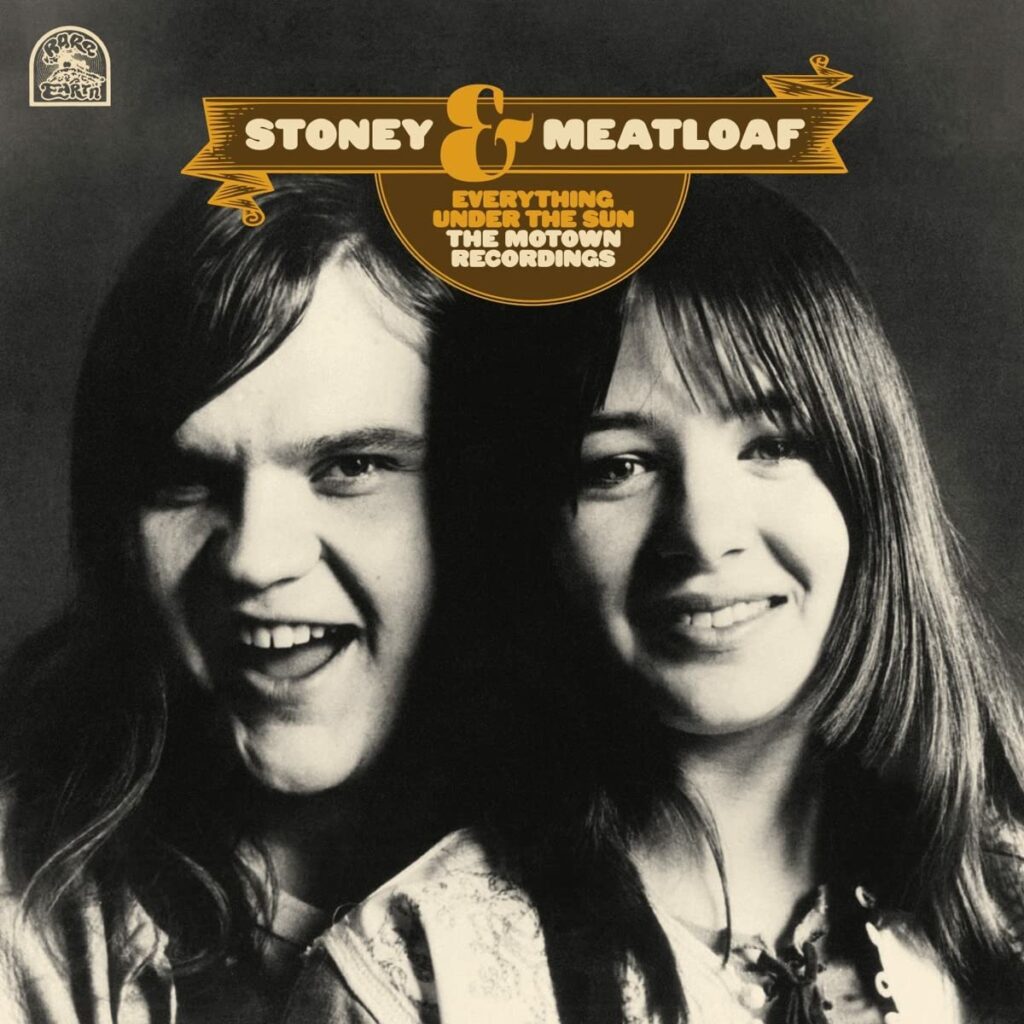
In 1970, Shaun “Stoney” Murphy and Michael Aday, aka Meatloaf (which he’d later split into two names, Meat Loaf), were in a Detroit production of the rock musical Hair, where their singing capabilities captured the attention of Motown Records. The two were signed by the label, and Meatloaf & Stoney was released in 1971. The album’s since been reissued in various configurations, with Real Gone Music/Second Disc Records now fleshing out the original 10-track album to two CD’s worth of songs on Everything Under the Sun: The Motown Recordings, featuring the original album and plenty of bonus tracks.
Both singers have commanding voices (Phillips received acclaim in Hair for her powerful rendition of “Easy to Be Hard”), and their playful jousting in the rousing “What You See Is What You Get” took them into the R&B Top 40. The songs are an eclectic mix of gospel-rock (“[I’d Love to Be] As Heavy as Jesus”), breezy pop (“The Way You Do the Things You Do”) and funky blues (“Game of Love”). The second disc has Murphy’s solo tracks, including her fine 1973 single “Let Me Come Down Easy,” the Bobbie Gentry-styled country rock “Mo Jo Hannah,” and an expressive cover of Janis Joplin’s “A Woman Left Lonely.” A fun record to rediscover.

